The Bulgarian real estate market creates a unique economic landscape for the investor from Belgium. The situation is driven by the country's upcoming accession to the Eurozone and the continuing price arbitrage between Western and Eastern Europe.
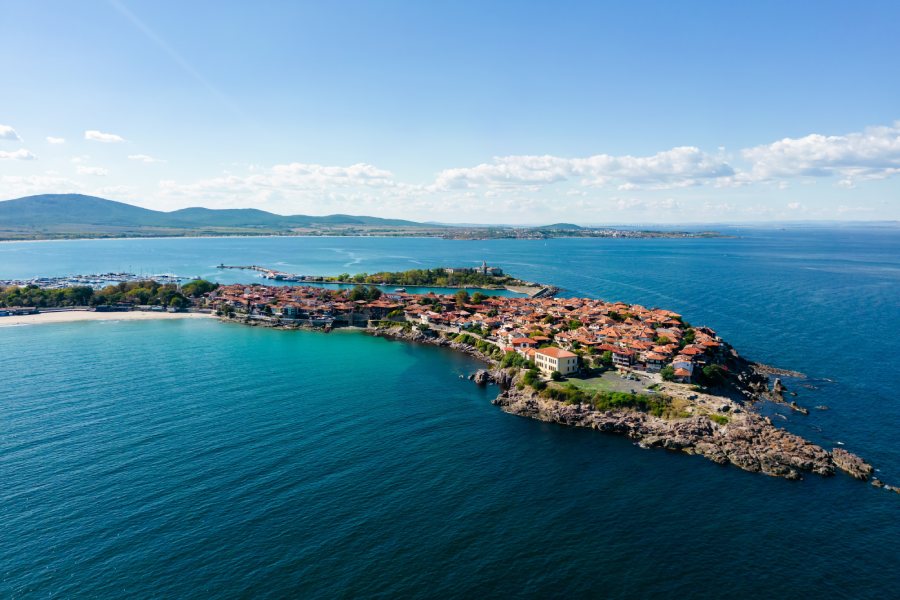
This is not just an opportunity to buy housing three times cheaper than in Brussels or Antwerp. It is a strategic tool for capital diversification in hard currency. The main asset for a Belgian here is the low entry threshold and the Double Taxation Treaty. This combination of factors creates a base for effective investment without unnecessary fiscal losses.
| Section | What you will learn |
|---|---|
| Land rights table. How to register a plot as an individual without opening a company. | |
| Location comparison. Why the capital is suitable for rent, while the sea is only for the soul. | |
| Detailed net profit calculation. We deduct the maintenance fee and taxes from the rent. | |
| Comparison of Act 14, 15 and 16. Table of risks and industrial electricity tariffs. | |
| Checklist of documents for transferring money from a Belgian bank without blocking. | |
| How to move to Bulgaria, keep payments and get medicine via form S1. | |
| How the DTT works and the 0% tax rule after 3 years for residents. |
Property Rights in the EU – Changing the Ownership Paradigm

Belgian citizens have the right to purchase real estate in Bulgaria as a physical person. The historical requirement to open a company has been abolished for most types of residential properties.
However, there is a critical distinction between regulated land for building and agricultural land. A mistake in the status of the plot leads to the need to urgently find a nominee director and open a legal entity to complete the transaction.
Matrix of Land Ownership Rights for Belgian Citizens
| Land Type | Status | Rights of a Belgian Citizen | Necessary Action |
| Apartment | Ideal parts of land | Full right | Registered on the passport |
| House with a plot | Regulated land | Full right | Registered on the passport |
| Garden / Field | Agricultural land | Restricted | Only through Company registration |
| Forest / Vineyard | Land outside regulation | Restricted | Only through Company registration |
Geography of Profit – Where to Look for Yield
The Bulgarian market is rigidly segmented by property usage types. The capital generates a stable cash flow all year round thanks to long-term rent. The coast works on a peak load model in July and August and sits idle in winter.

It is important for an investor to understand the target purpose of the location before purchasing. This will help avoid disappointment from the low yield of a resort holiday home.
Comparative Analysis of Investment Locations
| Location | Property Type | Purchase Goal | Risks |
| Sofia – Center | Elite apartments | Capital preservation | High entry threshold from 2500 euro per sq.m. |
| Sofia – Universities | Student apartments | Cash flow 5–6% | High wear and tear due to tenants |
| Sveti Vlas | Premium class resort | Leisure and income | Rental seasonality of only 3 months |
| Sunny Beach | Budget complexes | Speculation | Huge competition and dumping |
| North-West | Rural houses | Illiquid | Impossibility of quick resale |
Price growth in Sofia is expected at the level of 5–8% against the backdrop of news about joining the Eurozone. Resort real estate will show more modest growth within official inflation limits.
The Math of Income – Real Profit Simulation
Advertising brochures often show gross or dirty yield to attract a buyer. The investor needs the net yield that remains after all deductions.

The main expense item that is often hidden or understated is the Maintenance Fee. In complexes with a pool and security, it eats up a significant part of the rental profit.
Net Income Calculation – Capital vs Resort with 85,000 € Investment
| Income / Expense Item | Strategy A – Capital Long-term | Strategy B – Resort Daily |
| Object | 1-bedroom apartment 65 sq.m. | Apartments with a pool |
| Occupancy | 12 months | 60–70 days or Season |
| Gross Income | 6 600 € | 5 000 € |
| Agent Commission | 0 € owner rents out | - 1 500 € or 30% for management |
| Maintenance Fee | - 400 € entrance, elevator | - 780 € at 12 €/sq.m. |
| Utilities Power/Water | Tenant pays | - 450 € owner pays |
| Tax on Income 10% | - 620 € | - 350 € |
| Depreciation | - 300 € | - 300 € |
| NET PROFIT | 5 280 € | 1 620 € |
| Real Yield | 6.2% | 1.9% |
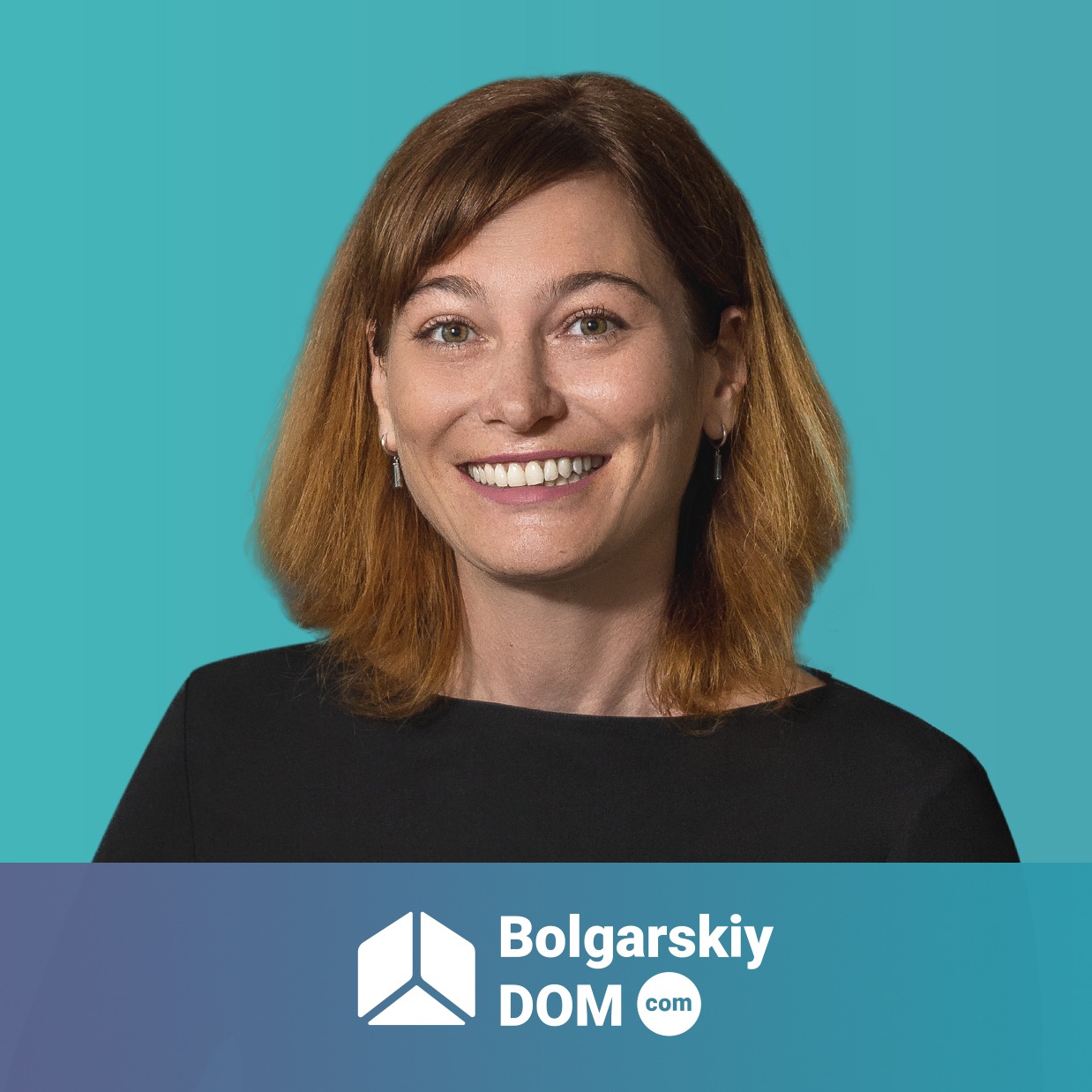
If you see an advertisement for Guaranteed Income of 10%, this is most often marketing. Real yield in currency is now 4–6%. A resort is a purchase for comfortable living, while big cities are for profitable renting.
Technical Safety – Acts 14, 15 and 16
The Bulgarian building commissioning system has three mandatory stages. Buying at the wrong stage can lead to a multiple increase in utility bills.

The most dangerous status for an unprepared buyer is Act 15. One can physically live in such a house, but legally it is still a construction site.
Safety Traffic Light for Investor
| Act | Readiness Status | Electricity Tariff | Risk for Investor |
| Act 14 | Building frame | No connection | High. Risk of construction freezing. Buy only from verified top developers. |
| Act 15 | Ready for handover | Industrial 3 times more expensive | Medium. Possible to live, but expensive to pay for power. No mortgage possibility. |
| Act 16 | Commissioned | Household Standard | Minimal. Object is fully liquid, can be insured and mortgaged. |
Ads often say the phrase "Act 16 expected".
This means the document does not exist at the moment. We always check for the Certificate of Commissioning via the official DNSK register.
Banks and Control – Passing the Check
Bulgaria strictly observes EU directives on anti-money laundering and capital transparency. Paying for real estate in cash over 10 000 levs, which is about 5000 euros, is prohibited by law.
To transfer funds from a Belgian bank, you will need to pass a client verification procedure. Banks require proof of the legal origin of money.
Document Checklist for the Bank to Confirm Funds
- Tax Declaration. The last filed declaration in Belgium will suffice.
- Account Statements. History of fund movements for the last 6 months.
- Sales Contracts. If money was received from the sale of real estate or business.
- Preliminary Contract. The document must be translated into English or French.
Transaction Algorithm
Reservation.
A deposit of 2000–5000 euros is made. This action removes the object from sale.
Verification.
A lawyer checks the clean title and ownership history.
Preliminary Contract.
Payment of the first installment amounting to 10–30% of the value.
Notary Deed.
Full payment of the price and official transfer of ownership.
Registration.
Entering the new owner into Bulstat and the tax service.
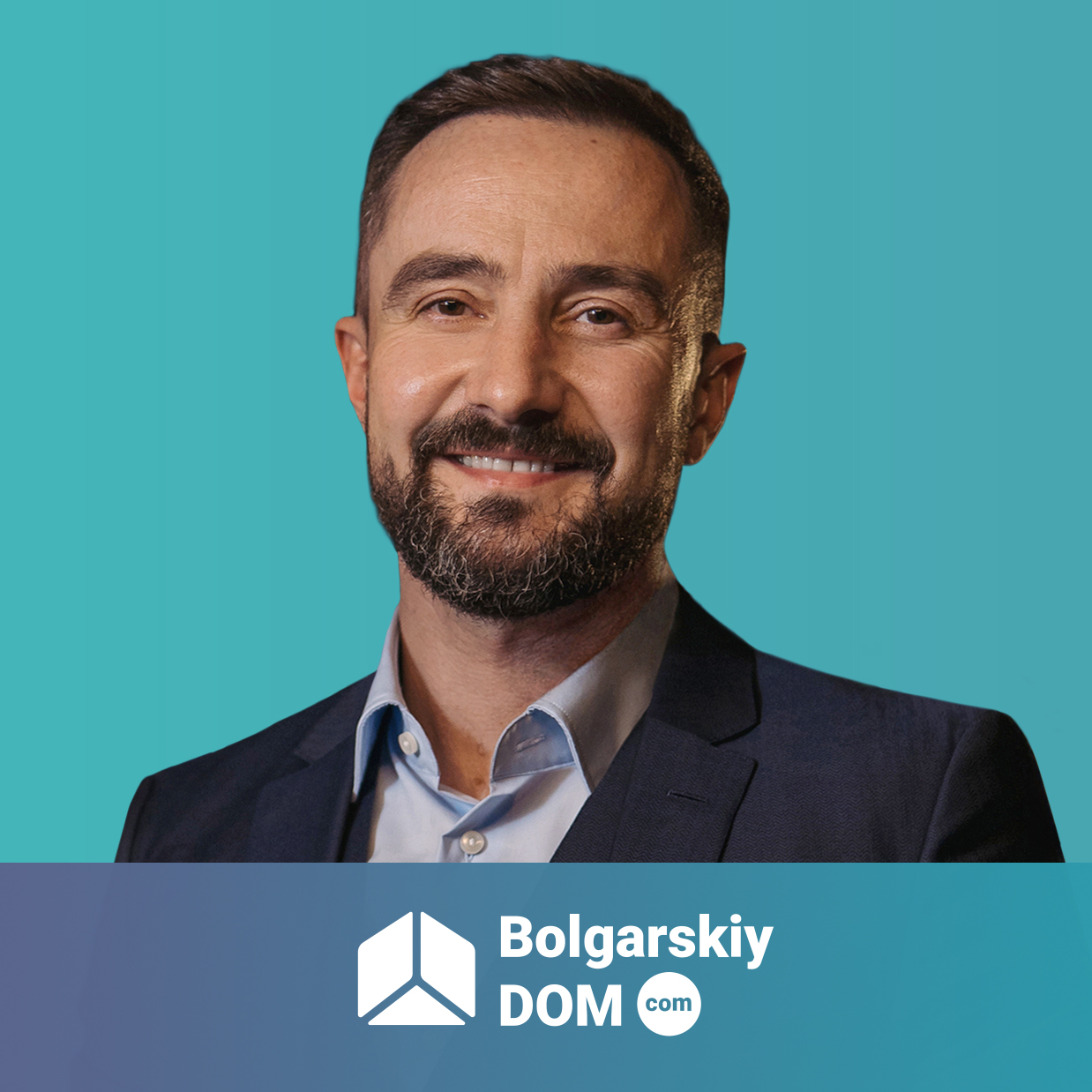
Belgian banks are among the most conservative in the EU. Simply showing a purchase agreement is often not enough. We prepare a special trust package for the bank for our clients. It includes a translation of the preliminary contract by a certified translator and a justification of the transaction's economic feasibility. Without this, the transaction can be frozen for 2 weeks for an AML check.
Pension in Bulgaria for Belgian Citizens – Form S1 and 10% Tax
Moving to Bulgaria allows Belgian pensioners not only to maintain their habitual level of social security but also to significantly increase purchasing power due to the difference in prices and tax rates.

The main condition for comfortable immigration is the correct coordination of actions with Belgian government services before departure.
Algorithm for Maintaining Payments and Medicine
| Stage | Agency in Belgium | Action and Result |
| Pension | Federal Pension Service | Notification of change of country of residence. Pension is transferred to a Bulgarian account in euros without commissions and delays. |
| Medicine | Insurance Fund and Insurance Institute | Request form S1. This document gives the right to register in the Bulgarian NHIF system and receive medical care for free at the expense of Belgian insurance. |
| Status | Municipality | Deregistration. Obtaining confirmation for legalization in the new country. |
Tax Optimization of Income
The issue of taxation becomes the main financial incentive for moving. If a pensioner resides in Bulgaria for more than 183 days a year, they transfer their center of vital interests here and become a local tax resident.
- Flat Rate. Instead of the Belgian progressive rate, which can reach 50%, a fixed tax of 10% applies in Bulgaria.
- Indexation. The Belgian side continues to index payments despite the pensioner living in another country.
- World Pension. Tax is paid on the total amount of world income, but thanks to the double taxation avoidance agreement, repeated charges are excluded.
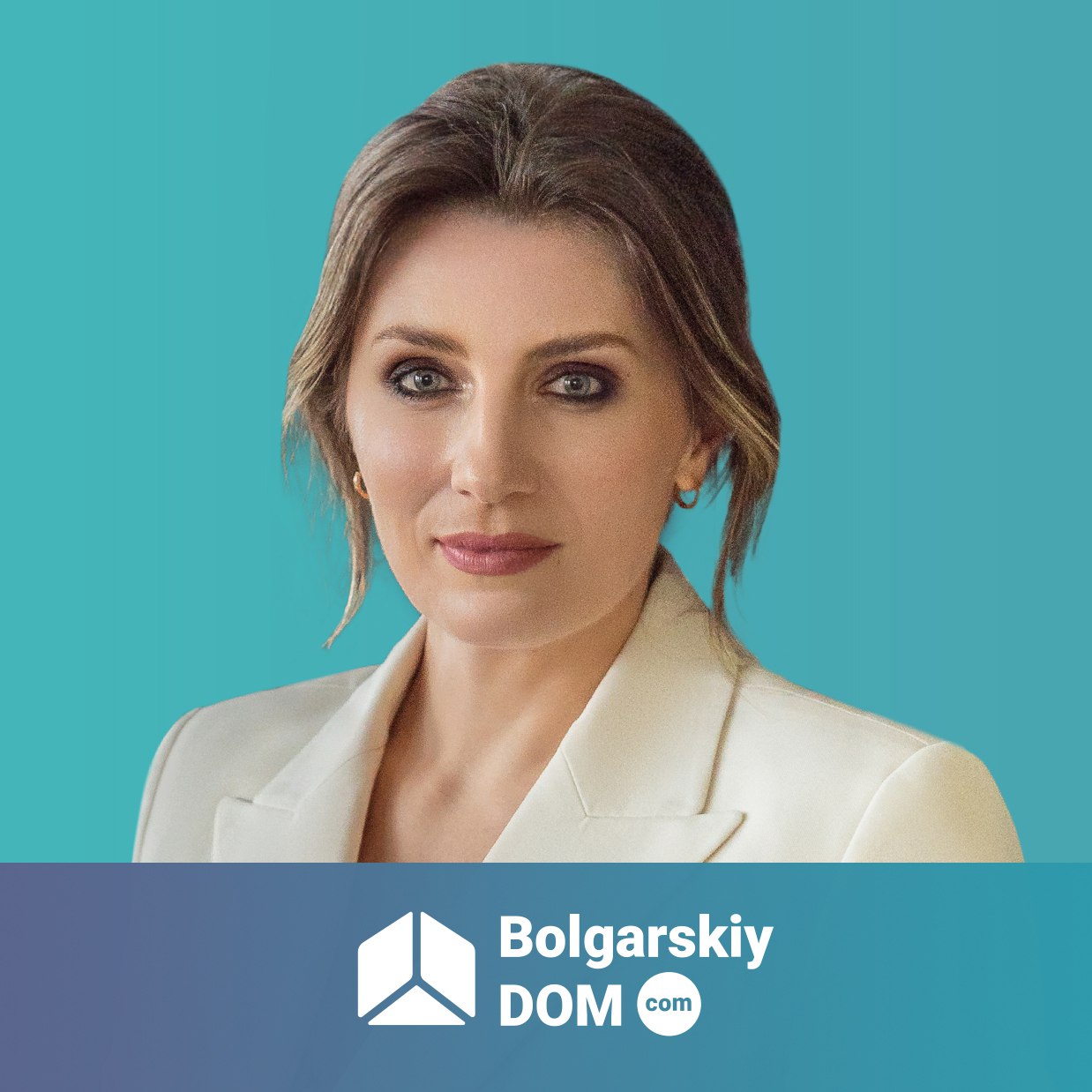
Colleagues, pay attention to the terms for issuing form S1. Belgian insurance funds sometimes delay issuing the document for 4–6 weeks.
I recommend not deregistering from the address in Belgium until the physical S1 form is in hand. Without this document, you will have to pay for treatment in Bulgaria at commercial rates for foreigners, and the reimbursement process through Brussels is extremely bureaucratic.
Transaction and Ownership Costs

The buyer in Bulgaria bears the main expenses for the legal processing of the transaction. Over the object price, it is necessary to budget an additional 4–6%.
Structure of Expenses upon Purchase
| Expense Item | Size | Payee |
| Local Tax | 2.5% – 3.0% | Municipality or Commune |
| Notary Fee | ~ 1.0% – 1.5% | Notary on a progressive scale |
| Registration Fee | 0.1% | Registry Agency |
| Legal Support | 600 – 1000 € | Lawyer |
- Property Tax. It is very low by European standards. About 70–120 € per year for a standard apartment.
- Maintenance Fee. Charged in complexes with amenities. The rate starts from 8 € per sq.m. per year.
- Insurance. Arranged voluntarily. Policy cost is about 100–150 € per year.
Note
We recommend immediately budgeting these expenses into the payback model. The low cost of an apartment can be offset by a high maintenance fee in elite complexes.
Tax Shield and DTT – The Main Trump Card
A Convention on the Avoidance of Double Taxation is in force between Belgium and Bulgaria. Real estate taxes are paid in the country where the object is located, that is, in Bulgaria.
A key advantage is the Bulgarian Personal Income Tax Act, Art. 13. This legislative norm is unique for the fiscal space of Europe and allows legally avoiding capital gains tax.
3-Year Rule for Capital Gains Tax- Situation. You bought an apartment and sold it after 3 years and 1 day.
- Result. Capital gains tax in Bulgaria will be 0%.
- Comparison. With a speculative sale earlier than 3 years, the tax will be 10% of the price difference.
Progression Clause
The Belgian tax service exempts income from Bulgarian real estate from repeated tax. However, this income is taken into account when calculating the rate on your other income, for example, salary. This may slightly increase your effective tax rate in Belgium. Despite this, the overall financial benefit of the investment remains substantial.
Summary for the Investor

Entering the Bulgarian market is a bet on asset value growth after adopting the euro. Legal risks are minimized if one follows a strict document verification algorithm.
Passive Income.
Choose the capital and ready objects with Act 16 for stability.
Personal Use.
Choose resort real estate for recreation, but consider annual expenses.
Planning Horizon.
Count on at least 3 years of ownership to receive a 0% tax benefit upon sale.
BolgarskiyDom Real Estate Agency – your guide to the market. We form your A-Team. These are independent lawyers, translators, and accountants who will ensure the cleanliness of the transaction and tax efficiency.




.jpg)
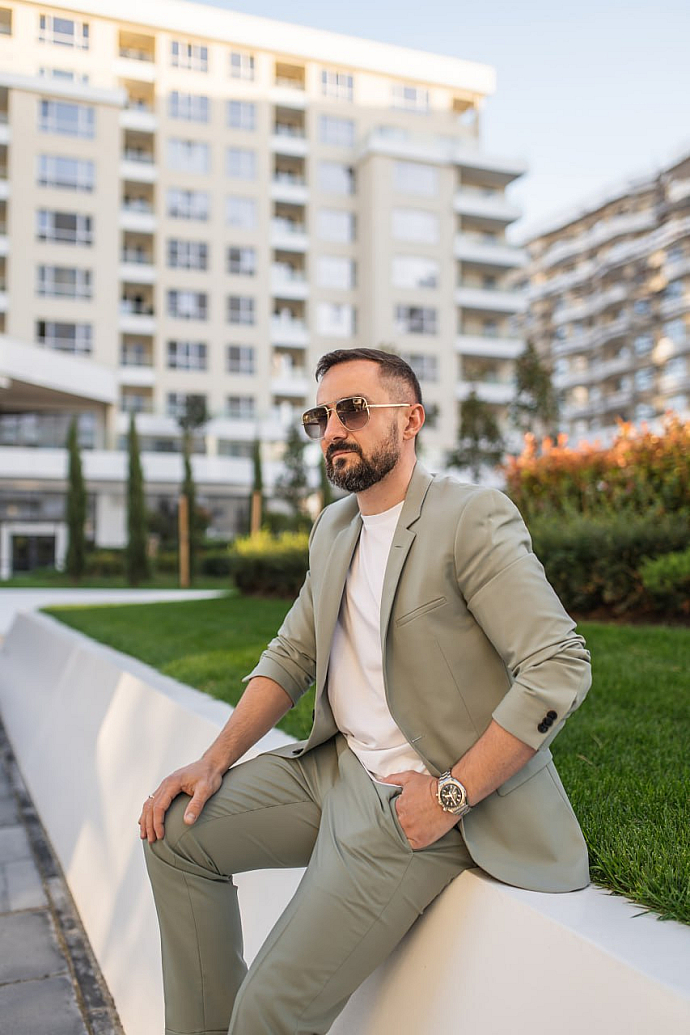
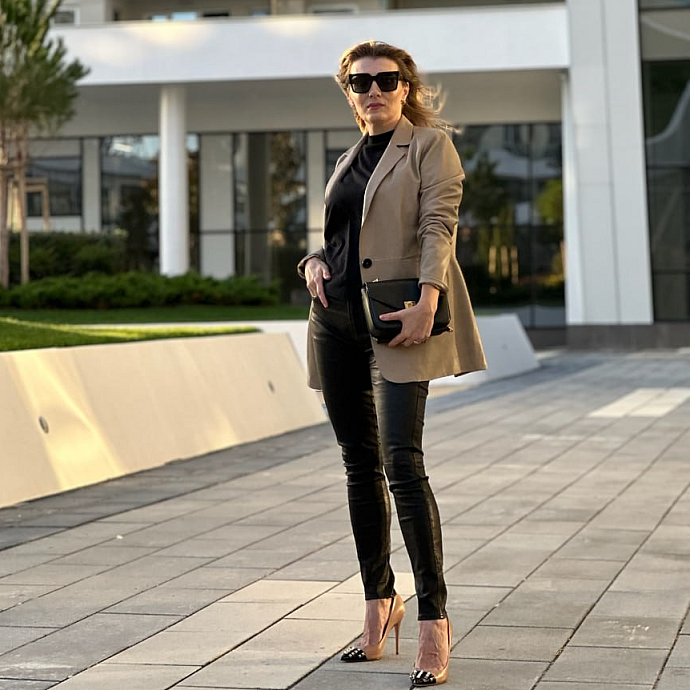
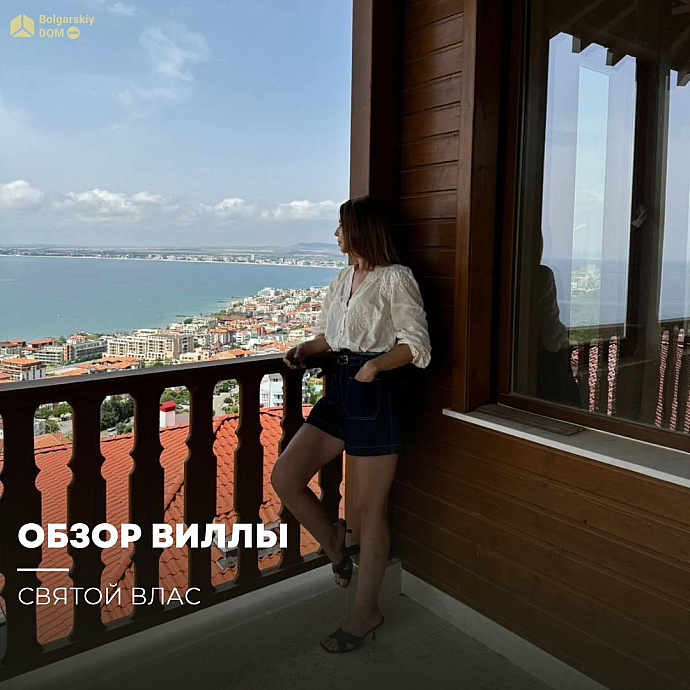



A common mistake is confusing a yard with agricultural status and a yard for construction. In rural areas, plot boundaries are often blurred. We check the status of every meter of land via the cadastral map before the deposit is made.